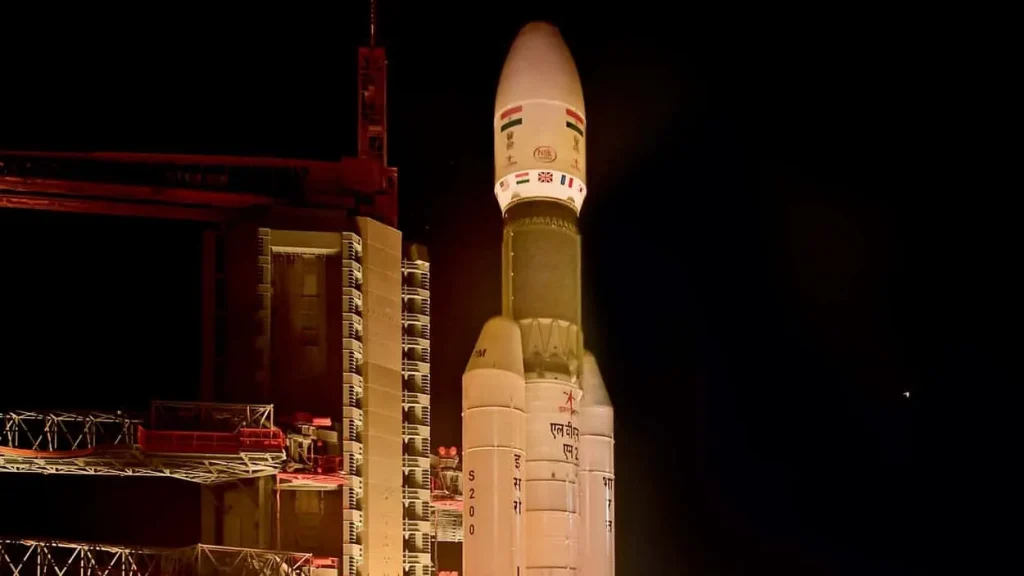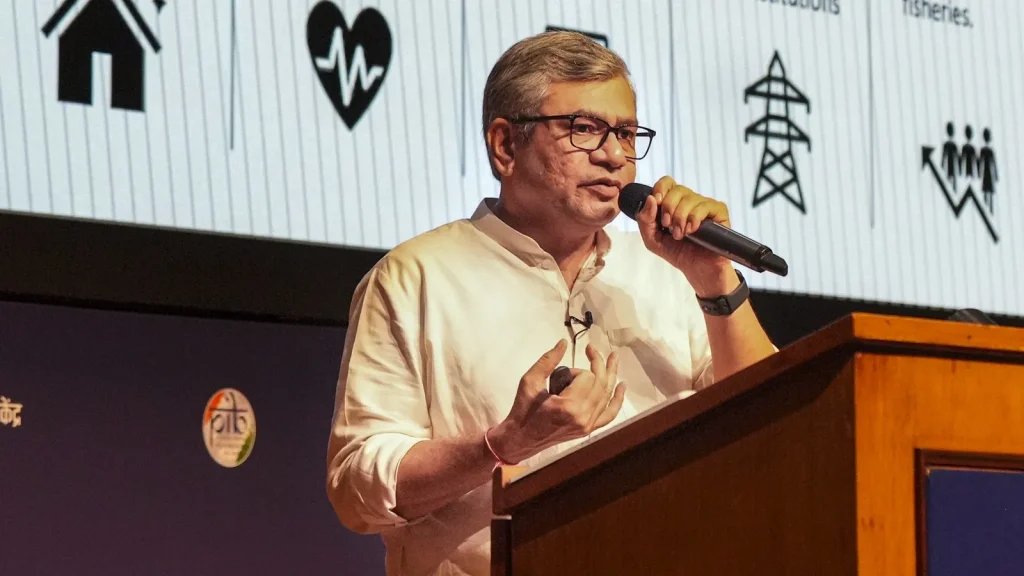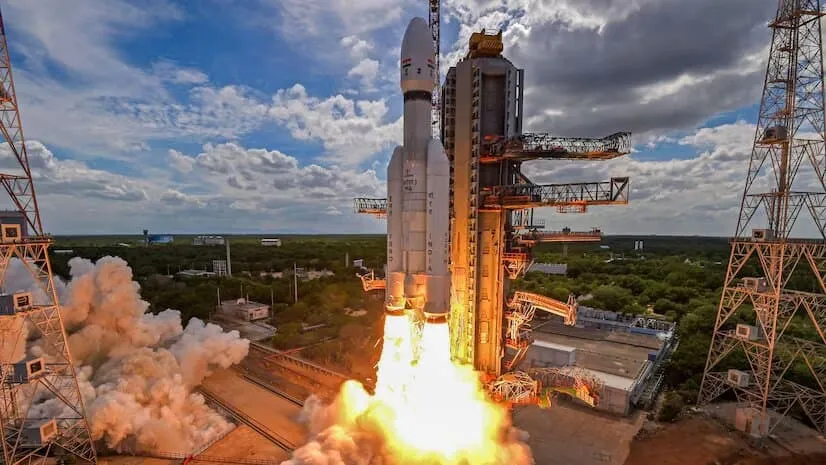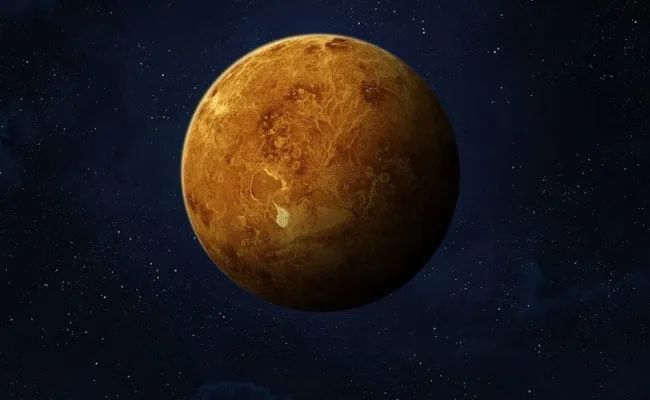The Union Cabinet, chaired by Prime Minister Narendra Modi, has approved the development of India’s Venus Orbiter Mission, allocating ₹1,236 crore for the project. The mission, led by the Department of Space, aims to place a scientific spacecraft in the orbit of Venus to study its surface, subsurface, and atmospheric processes, as well as the planet’s interaction with the Sun.

Understanding Venus: Earth’s ‘Sister Planet’
Venus, often referred to as Earth’s sister planet due to its similar size and proximity, offers scientists a unique opportunity to study planetary evolution. Once believed to have conditions similar to Earth and potentially habitable, Venus underwent significant transformations. Understanding these changes could provide valuable insights into how planetary environments evolve, particularly in comparison to Earth.

ISRO to Lead the Mission
The Indian Space Research Organisation (ISRO) will develop the spacecraft and manage its launch, utilising its expertise and established practices. The mission has been scheduled for March 2028, coinciding with the optimal alignment of Earth and Venus. The mission will not only explore Venus but also prepare India for future planetary missions involving larger payloads and more complex orbital manoeuvres.

Scientific Goals and Economic Impact
The Venus Orbiter Mission aims to answer several unresolved scientific questions about the planet. It will provide valuable data to the Indian scientific community, promoting new research opportunities. The project will also significantly involve Indian industries in developing the spacecraft and launch vehicle, creating employment and fostering technological advancements. Additionally, academic institutions and students will be engaged in pre-launch activities, offering hands-on experience in design, development, and testing.

A Step Towards Future Planetary Exploration
This mission marks a critical step in India’s expanding space ambitions, following the success of the Mars Orbiter Mission in 2014. By studying Venus, ISRO hopes to unlock new scientific discoveries and lay the groundwork for more ambitious planetary missions in the future.
